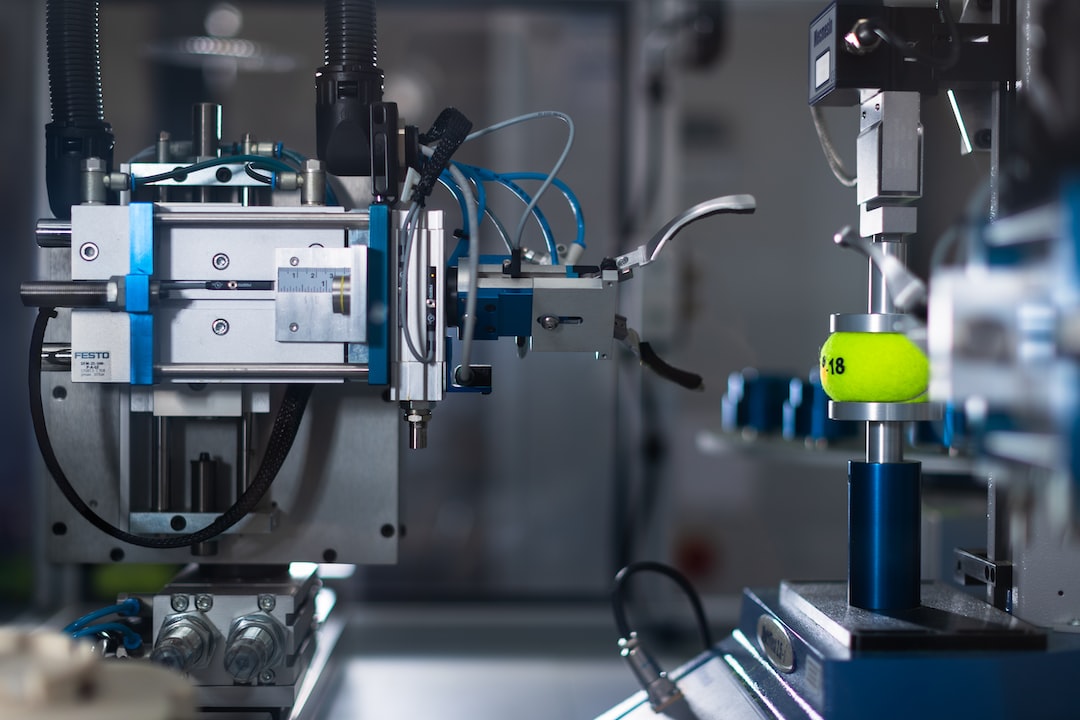The Future of Transportation Engineering
Transportation engineering has come a long way over the years, from the invention of the steam engine to the electric vehicles of today. However, with advances in technology and increased demand for sustainable solutions, the future of transportation engineering looks more promising than ever before.
One of the most significant changes we can expect to see in the future is the widespread adoption of autonomous vehicles. These self-driving cars have the potential to revolutionize the way we travel, making transportation safer, more efficient, and less carbon-intensive. With the development of sophisticated sensors and artificial intelligence, autonomous vehicles can navigate roads and make decisions without human intervention. As a result, they have the potential to greatly reduce accidents caused by human error, optimize traffic flow, and improve fuel efficiency.
In addition to autonomous vehicles, transportation engineering is also likely to see advancements in the realm of electric vehicles (EVs). As concerns about climate change and air pollution grow, the demand for zero-emission vehicles is increasing. EVs offer a cleaner and more sustainable alternative to traditional gasoline-powered cars, and with ongoing improvements in battery technology, range anxiety is becoming less of a concern. As more charging stations are installed and battery technology improves, EVs will become more accessible and practical for everyday use. This shift towards electric transportation will require transportation engineers to focus on developing better infrastructure to support EVs, such as charging stations and smart grids.
Another area where transportation engineering is set to undergo significant changes is in the realm of public transportation. The traditional model of public transportation, with its fixed routes and schedules, is being challenged by new technologies and changing travel patterns. One such innovation is the concept of Mobility-as-a-Service (MaaS), which combines various modes of transportation, such as buses, trains, and ride-sharing services, into a seamless, personalized travel experience. MaaS platforms allow users to plan and book their entire journey using a single app, providing real-time information on available options, cost, and travel time. This approach has the potential to make public transportation more convenient and attractive, reducing the reliance on private cars and alleviating congestion in cities.
The future of transportation engineering is not limited to terrestrial travel. Advances in space exploration and the growing interest in commercial space travel are opening up new opportunities for transportation engineers. Companies like SpaceX and Blue Origin are working on developing reusable rockets and spacecraft that could eventually take tourists to space. This presents unique challenges for transportation engineers, such as designing spacecraft that can withstand the extreme conditions of space and ensuring the safety of passengers during launch and re-entry. As commercial space travel becomes a reality, transportation engineers will play a crucial role in developing the necessary infrastructure and technologies to support this industry.
While the future of transportation engineering holds great promise, it also comes with its fair share of challenges. With the rapid advancement of technology, transportation engineers will need to stay updated with the latest developments and adapt to new paradigms. The integration of emerging technologies, such as artificial intelligence, blockchain, and the Internet of Things, will require transportation engineers to possess a diverse skill set and collaborate with experts from various disciplines.
Additionally, as we strive for a more sustainable future, transportation engineers will need to focus on reducing the carbon footprint of transportation systems. This includes not only developing cleaner vehicles but also designing smarter transportation networks that promote the use of public transportation and non-motorized modes of travel, such as walking and cycling. Furthermore, transportation engineers will need to address the challenge of ensuring equitable access to transportation services, particularly in underserved areas.
In conclusion, the future of transportation engineering is ripe with possibilities. Advances such as autonomous vehicles, electric transportation, and Mobility-as-a-Service are set to revolutionize the way we travel. At the same time, transportation engineers will need to stay ahead of the curve, embracing new technologies and finding innovative solutions to address the challenges of sustainability and accessibility. The future is bright for transportation engineering, and it holds the potential to create a safer, cleaner, and more efficient transportation system for all.

